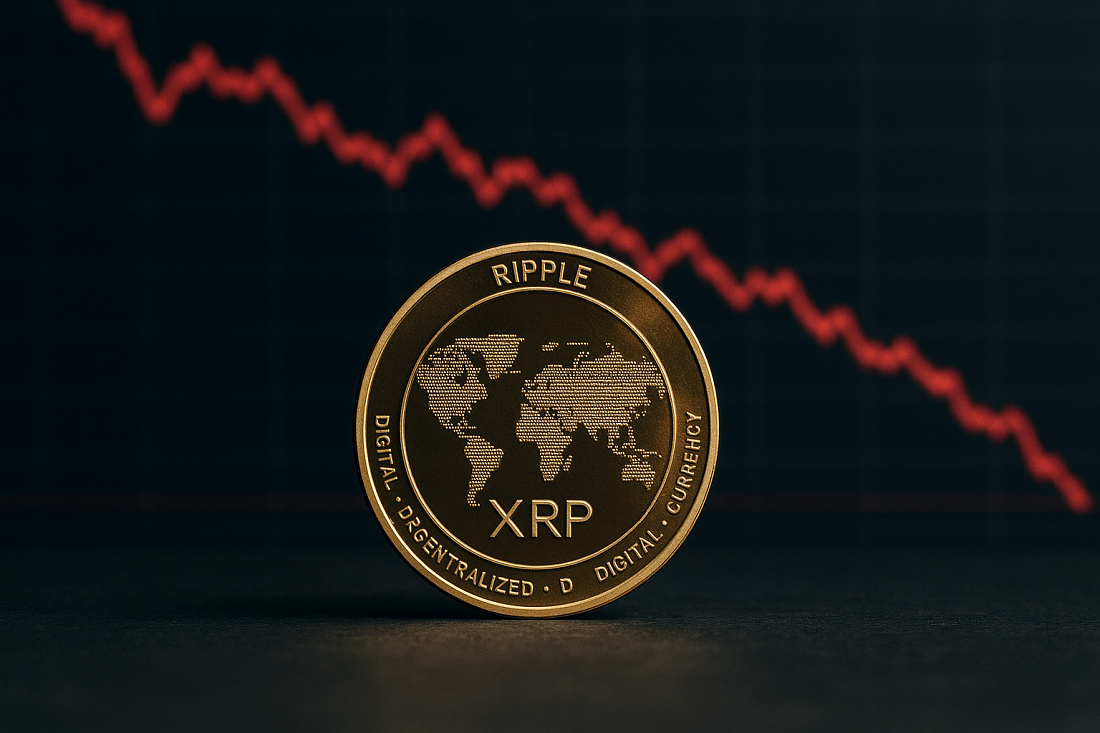Maslatón argues that, to eliminate the Central Bank, current deposits should be confiscated.
With Bitcoin as the only monetary base, there is no way to issue money without support.
Argentine lawyer and financial analyst Carlos Maslatón turned on the debate on the role of the Central Bank in the Argentine economy, in responding to a publication of the Free Market founder, Marcos Galperin, who raised the closure of the institution as the ideal path, something promised by President Javier Milei.
According to Maslatón, “to close the Central Bank, the monetary system has to be like Bitcoin’s or the classic gold pattern, without the possibility of secondarily multiplying the money.”
The analyst stressed that, while bank deposits can be transformed into new credits that in turn generate more deposits, the existence of an institution that regulates lace, grants financial bailouts and stabilizes the system in the face of crisis is essential.
What Maslatón poses points to the core of the current banking system, based on Fíat money and the so -called “fractional reserve bank.” In this model, Banks do not retain 100% of their clients’ deposits, but also lend a partthus generating new money in the process.
This secondary expansion of money is essential for modern credit and economy, but also increases the vulnerability of the system to possible banking runs: situations in which many depositors simultaneously withdraw their funds for fear that the bank cannot respond, which can lead to its bankruptcy. To avoid this risk, The Central Bank acts as a last instance lender.
From this perspective, BTC is presented as a radical alternative. Unlike traditional money, Bitcoin has a fixed and transparent broadcast, defined in its code: There will only be 21 million units.
In addition, transfers do not require intermediaries or a central issuer. In a system based exclusively on Bitcoin, it would not be possible to create money out of nowhere through bank loans. This would eliminate the need for a central bank as a regulatory or guarantor of the last instance.
In his message, the analyst too He referred To the current Mercado Libre model, which remunerates deposits and grants loans through its digital wallet Market Pago, noting that these operations would not be possible without the existence of a central bank.
According to the commentator, if you wanted to return to a currency system without convertibility, the current system would have to be dismantled even canceling existing deposits and debts.
«What you legitimately do today, is only possible under a non -convertible currency and that can be expanded by credit circulation. Moreover, if you wanted to return to convertible currency without operation of this expansive system, there would be no other than to confiscate the current deposits and repeal them full, which directly disappear also canceling the debts … ».
Carlos Maslatón, financial analyst.
Maslatón’s criticism highlights the differences between the foundations of Bitcoin and the traditional monetary system. While some sectors advocate total disintermediation, others defend the need to maintain structures that support credit, investment and economic stability.
In fact, some go further and describe Fíat money as “a moral rape.” As cryptootics reported, Jack Mallers recently declared at the BTC Prague Conference that this type of money is designed to lose value over timewhich punishes savings and favors those who have preferential access to credit.
According to Mallers, this dynamic concentrates power in the hands of the State and the banking system, while silently eroding the purchasing power of the population.
For the young billionaire, Bitcoin represents a paradigm shift: a manipulation -resistant money, which cannot be devalued by decree or arbitrarily confiscated.
Meanwhile, neither the Argentine president nor Galperin have shown their opinion that the government adopts BTC, although the businessman is optimistic about his long -term potential. Mercado Libre is one of the few Latin American companies quoted in the stock market that have Bitcoin in their reserves.


